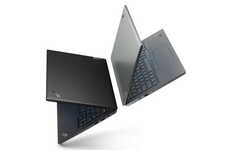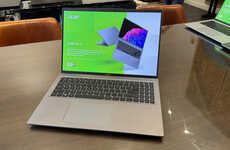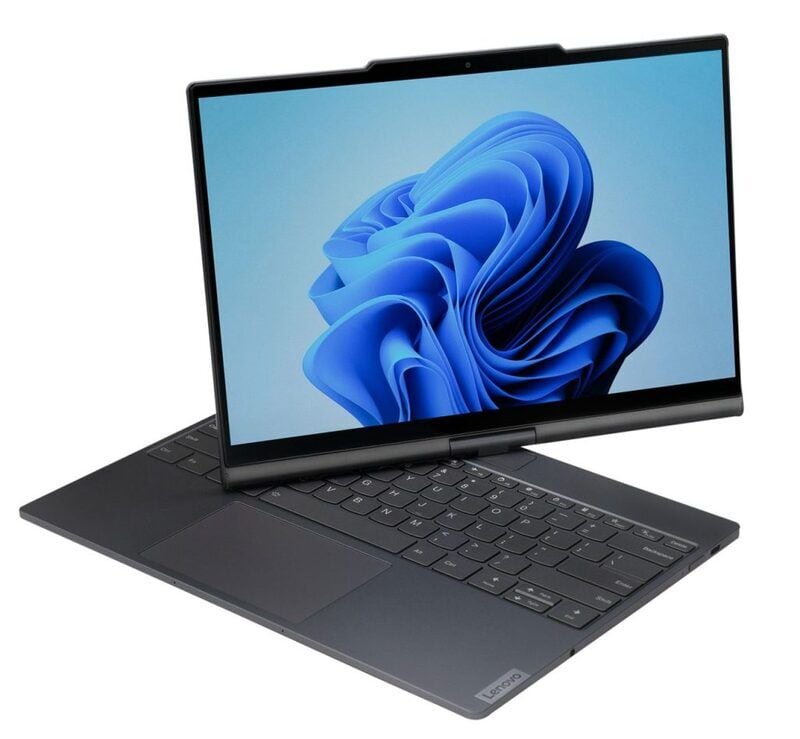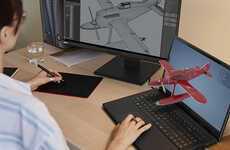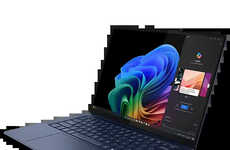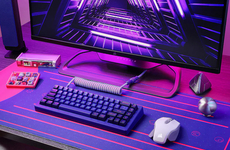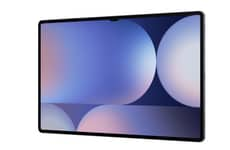
Lenovo's 'Auto Twist AI PC' Features a Rotating Motorized Hinge
Colin Smith — September 5, 2024 — Tech
References: news.lenovo & engadget
The Lenovo Auto Twist AI PC is a concept laptop introduced at IFA 2024, featuring a motorized hinge that allows the screen to rotate 360 degrees and lay flat for tablet mode. This device can be controlled via voice commands, enabling users to open, close, and adjust the screen without physical interaction. The laptop is equipped with a 13.3-inch display, a 5MP camera for face tracking, and an Intel H Series Core Ultra 7 processor. The Auto Twist AI PC is designed to enhance user experience through improved ergonomics and adaptability, making it suitable for presentations and video calls.
As of now, the Lenovo Auto Twist AI PC remains a proof of concept with no confirmed pricing or release date. Lenovo has not announced plans to bring this device to market in its current form. The company is showcasing the Auto Twist to gauge interest and gather feedback, which may influence future production decisions.
Image Credit: Lenovo
As of now, the Lenovo Auto Twist AI PC remains a proof of concept with no confirmed pricing or release date. Lenovo has not announced plans to bring this device to market in its current form. The company is showcasing the Auto Twist to gauge interest and gather feedback, which may influence future production decisions.
Image Credit: Lenovo
Trend Themes
1. Voice-controlled Devices - Voice-command capabilities integrated with laptops represent the expanding potential of hands-free computing.
2. Motorized Hinges - Motorized hinge technology in laptops pushes the boundaries of convertible device design, blending laptop and tablet functionalities.
3. Face-tracking Technology - Incorporating face-tracking mechanisms in personal computing can redefine interactive user experiences and security features.
Industry Implications
1. Consumer Electronics - The consumer electronics market can benefit from innovative, multi-functional devices like Lenovo's Auto Twist AI PC that offer enhanced user flexibility.
2. Artificial Intelligence - AI integration in personal devices broadens the scope for advancements in automation and user interaction.
3. Telecommunications - Telecommunication hardware can evolve by incorporating features that improve ergonomic design and adaptability for communication needs.
3.7
Score
Popularity
Activity
Freshness




